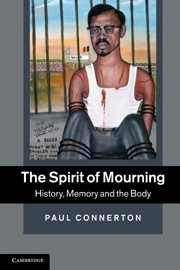Book contents
2 - Seven types of forgetting
Published online by Cambridge University Press: 05 June 2012
Summary
Coerced forgetting was one of the malign features of the twentieth century. Forgetting as repressive erasure appeared in its most brutal form in the history of totalitarian regimes where, in the words of Milan Kundera, the struggle of man against power is the struggle of memory against forgetting. The testimonies of Primo Levi and Elie Wiesel, of Alexander Solzhenitsyn and Nadezhda Mandelstam, were written in defiance of that threat of forgetting. Their testimonies were at once political acts and therapeutic acts. Political acts: because to write was to denounce the injustice which they had survived or escaped. And therapeutic acts: because for them to write was a way of making sense of a destructive, violent past, one in which they had been victims, and of triumphing over that experience, of turning it into a motivation for living and working. Germany after Hitler, France after Pétain, Spain after Franco, Chile after Pinochet, Greece after the colonels, Argentina after the generals, South Africa after apartheid, the post-socialist states of central and eastern Europe – all these societies had a difficult past and needed to take up some explicit position with regard to that past.
We may, therefore, say that there was an ethics of memory at the end of the twentieth century, in the sense that there had not been an ethics of memory at the end of the nineteenth or eighteenth or seventeenth centuries. This structure of feeling has cast a shadow over the context of intellectual debate on memory, in the shape of the view, widely held if not universal, that remembering is usually a virtue and that forgetting is necessarily a failing.
- Type
- Chapter
- Information
- The Spirit of MourningHistory, Memory and the Body, pp. 33 - 50Publisher: Cambridge University PressPrint publication year: 2011
References
- 1
- Cited by



